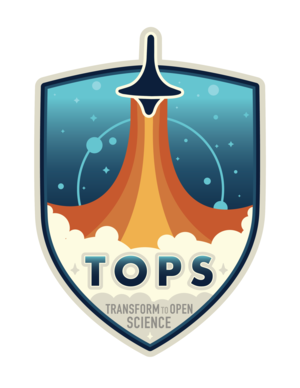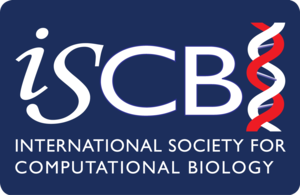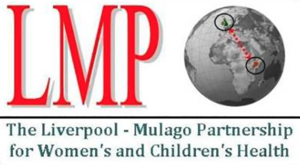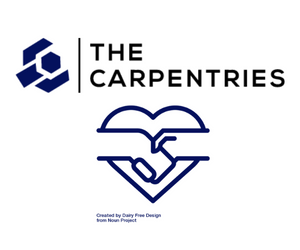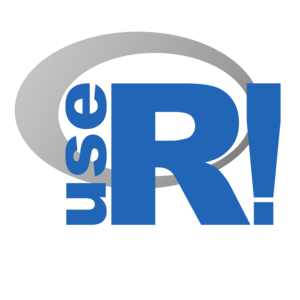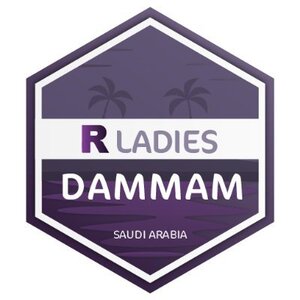I am an Honorary Research Fellow at the University of Liverpool and, until May 2025, was the Research Project Manager for the AI for Multiple Long-Term Conditions: Research Support Facility (AIM RSF) at The Alan Turing Institute. The AIM RSF is part of a broader £23 million initiative by the National Institute for Health and Care Research (NIHR) focused on artificial intelligence and multi-morbidity. I helped shape the programme’s delivery and governance, connecting 27 institutions across the UK to support long-term, real-world impact.
Since June 2025, I’ve been the Manager of Imago (Imagery Smart Data Service), part of the Smart Data Research UK programme funded by the ESRC. Imago improves the usability of satellite imagery to support public health, urban planning, and policy. It helps tackle issues like housing, environmental risk, and health equity. A joint effort between the University of Liverpool, Newcastle University, and Harvard University, Imago supports social scientists and policymakers in addressing prosperity, wellbeing, and sustainability through image-based insights.
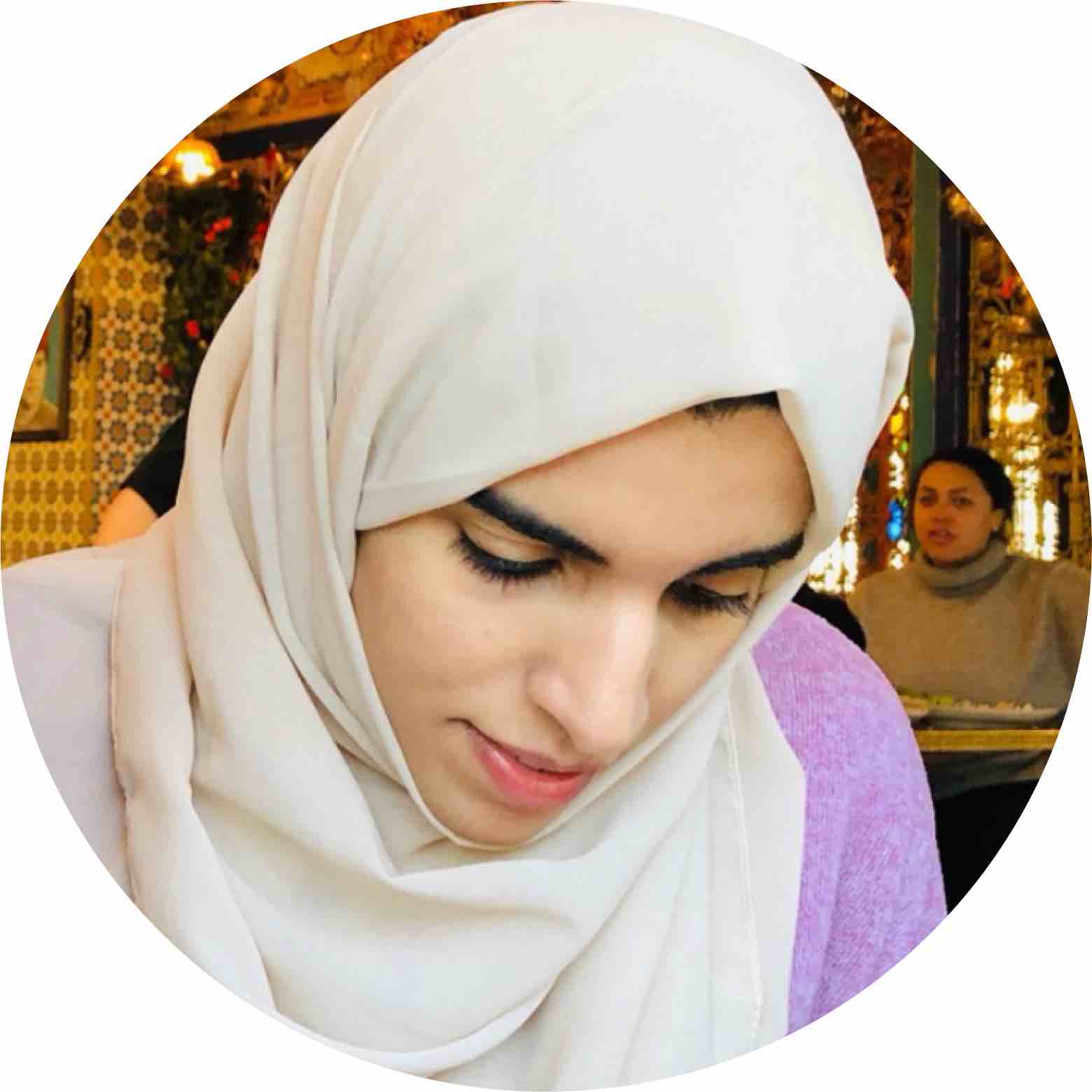
My work spans academic research, infrastructure, and policy. I started as a postdoctoral researcher, working in isolation. Gradually, I moved into roles that let me understand the broader ecosystem—funding priorities, decision-making processes, and gaps that exclude key voices from influencing research agendas.
I now collaborate with early-career researchers, public contributors, and grassroots communities to bring more equitable representation into these systems. I advocate for open science and represent the Arab region on the International Association of Universities (IAU) Expert Group on Open Science, developed in collaboration with UNESCO. This work involves developing actionable frameworks and sharing best practices that support sustainable and inclusive open science across global higher education institutions.
I often reflect on how knowledge is created and shared. I see open science as a form of decolonisation—one that embraces diverse ways of knowing and challenges entrenched patterns of exclusion. I founded the Open Science Community Saudi Arabia (OSCSA) to advance open research across Arabic-speaking countries, lower infrastructure barriers, and develop Arabic-language resources that meet regional needs
I completed my PhD in Computational Biology at the University of Liverpool, where I worked on triple-negative breast cancer. My research combined machine learning with molecular dynamics simulations to study DNA repair mechanisms. Post-PhD, I contributed to Data Study Group based at the Alan Turing Institute, collaborating with Odin Vision to apply explainable AI to clinical diagnostics.
In 2023, I was recruited as a Subject Matter Expert for NASA’s Transform to Open Science (TOPS) programme, where I helped co-develop the Open Tools module for the Open Science 101 NASA MOOCs. I was selected as a jury member (2024–2026) for the Einstein Foundation Award for Promoting Quality in Research and named a DWeb Fellow by the Internet Archive, contributing to global conversations on decentralised technologies and knowledge justice.
I am part of the governance team at Open Life Science (OLS), where I mentor early-career researchers building open science projects. I also founded the first R-Ladies chapter in the Arabian Gulf (Dammam) and now serve on the global leadership team, helping grow the R community through collaboration and skill-sharing.
My public engagement work has taken me to conferences and panels in the UK, the UAE, the Netherlands, the US, Kuwait, and Germany. In 2023, I spoke at AI-UK on responsible tech governance, and in 2024, at the UN Internet Governance Forum on breaking tech monopolies through interoperability. I’ve also contributed to UNESCO’s Working Group on Open Science Policies.
I’ve helped organise several global events, including useR! 2021, the Pioneering AI in MLTC Conference 2024, and the Global Dynamics in Responsible Research 2022 unconference.
I’ve reviewed grants for UKRI and swissuniversities, and manuscripts for PLOS Computational Biology, R Journal, and the Journal of Open Source Software (JOSS). I’m also a certified Carpentries instructor and serve on the Education Committee at the International Society of Computational Biology (ISCB).
When I’m not coding, I’m probably somewhere unexpected—on an unplanned road trip, exploring unfamiliar landscapes.
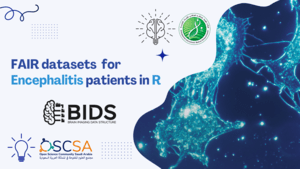
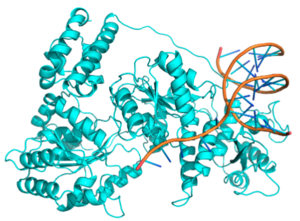
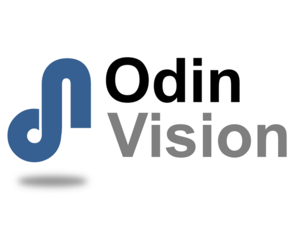
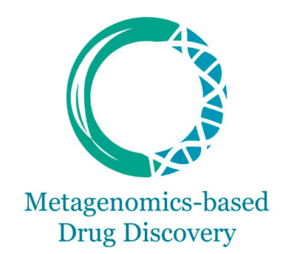
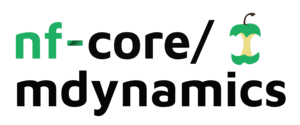
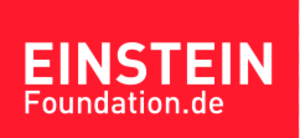
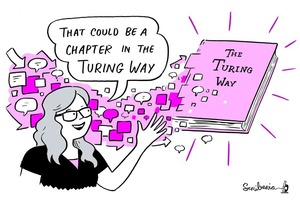
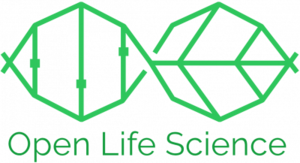
.png)
